Special Report
Every Political Party That Won Votes in the 2016 Presidential Election
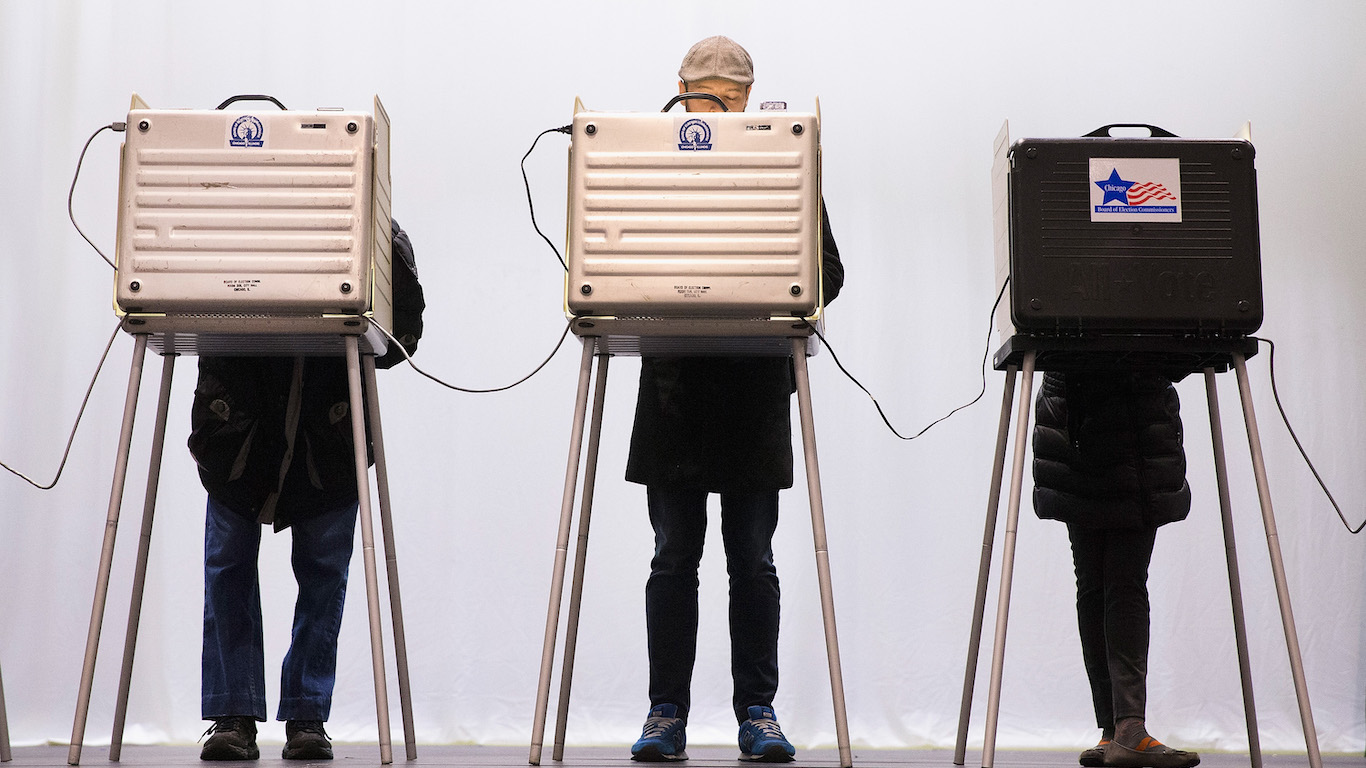
Published:
Last Updated:

Theoretically, anyone who is a natural-born U.S. citizen, is at least 35 years old, and has lived in this country for a minimum of 14 years can run for president. And anyone at all can start a political party, even a foreign national (though it would be difficult), and new organizations must register with the Federal Election Commission if they raise money and want to participate in a national election. Ballot access, in any case, is governed by state law, which generally requires a new party to show sufficient voter support before it can find a place on the ballot.
It is easy to forget in this highly bipartisan political era that there are parties other than the Republicans and the Democrats. We may recall that the Libertarian and Green parties had some success in the 2016 elections, but ours remains basically a two-party system, as it has been since the latter 1800s.
It would be very hard for a third party to win a presidential election because such groups simply do not have the resources to qualify for ballots in enough states to give them a shot at an Electoral College victory. The fifth-most-successful third-party candidate in the 2016 election (after Libertarian Gary Johnson and Green Party candidate Jill Stein), for instance, was former CIA agent Evan McMullin. He ran as an independent and also on the Independence, Better for America, and Courage Character Service party tickets, and racked up 731,788 votes — but was able to find a place on the ballot in only 11 states.
The difficulty of qualifying does not stop many parties from trying. The political website The Green Papers reported that candidates running under 83 party names or designations (like “non-affiliated” or “write-in”) vied for president in 2016. These included the Tea Drinkers Party (not to be confused with the Tea Party); the Honesty, Reparations, Education, No Deficit Party; and the Party of Moderate Progress Within the Bounds of Law — none of which is likely to gain enough traction to compete successfully with Republicans and Democrats.
Click here for every political party that won votes in the 2016 presidential election.
There weren’t necessarily 83 candidates in 2016, it should be noted. Some aspirants for the nation’s highest office ran under a number of party flags. For instance, Tennessee-born attorney Darrell Castle represented the American Constitution, Constitution, Constitution of Florida, U.S. Taxpayers, and Independent American party tickets. Even Donald Trump ran under two banners, at least in California, where he appeared on the ballot for both the Republican and — apparently without his consent — the American Independent Party (founded by the late segregationist governor of Alabama and three-time presidential candidate George Wallace).
24/7 Wall St. found 17 political parties in all — including the Democrats and Republicans — that appeared on the slates of at least some states and racked up enough votes to be noticed, if not really to make a difference. Our list does not include very small marginal parties (like the Nutrition Party, the Approval Voting Party, or the Loyal Trustworthy Compassion Party) that received fewer than 1,000 votes nationwide. It also omits candidates who ran with no affiliation, or primarily as independents, like the aforementioned Evan McMullin.
Methodology
To find the political parties whose candidates participated in the 2016 U.S. presidential election and the number of votes cast for each, 24/7 Wall St. consulted the Official 2016 Presidential General Election Results on the Federal Election Commission’s website. Information on founding dates and ideologies came from the digital political encyclopedia Ballotpedia and the Pew Research Center website as well as from the websites of a number of the parties listed.

1. Democratic Party
> Founding date: 1828
> Ideology: Modern liberalism
> Presidential Presidential candidate: Hillary Clinton
> Votes cast: 65,853,516
[in-text-ad]
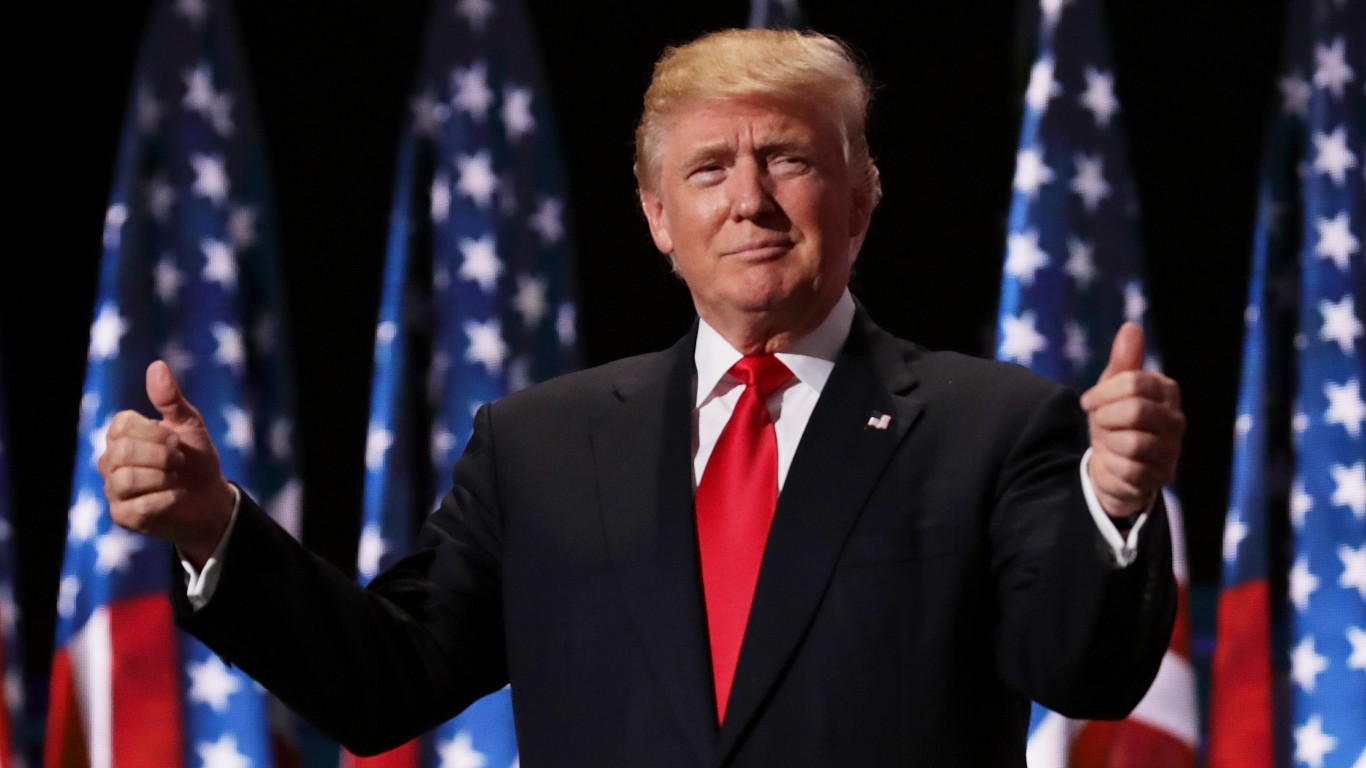
2. Republican Party
> Founding date: 1854
> Ideology: Conservatism
> Presidential candidate: Donald Trump
> Votes cast: 62,984,825

3. Libertarian Party
> Founding date: 1971
> Ideology: Libertarianism
> Presidential candidate: Gary Johnson
> Votes cast: 4,492,919
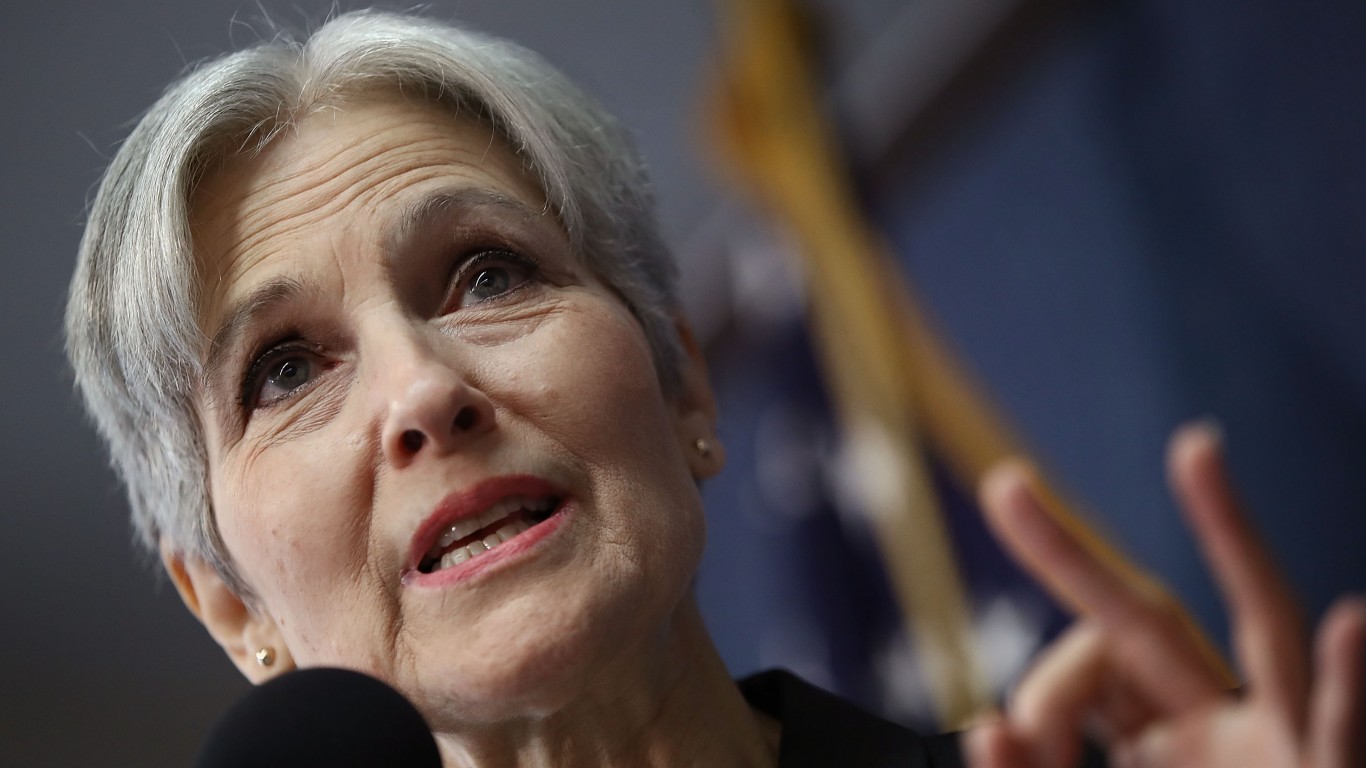
4. Green Party
> Founding date: 2001
> Ideology: Liberalism/Environmentalism
> Presidential candidate: Jill Stein
> Votes cast: 1,449,370
[in-text-ad-2]
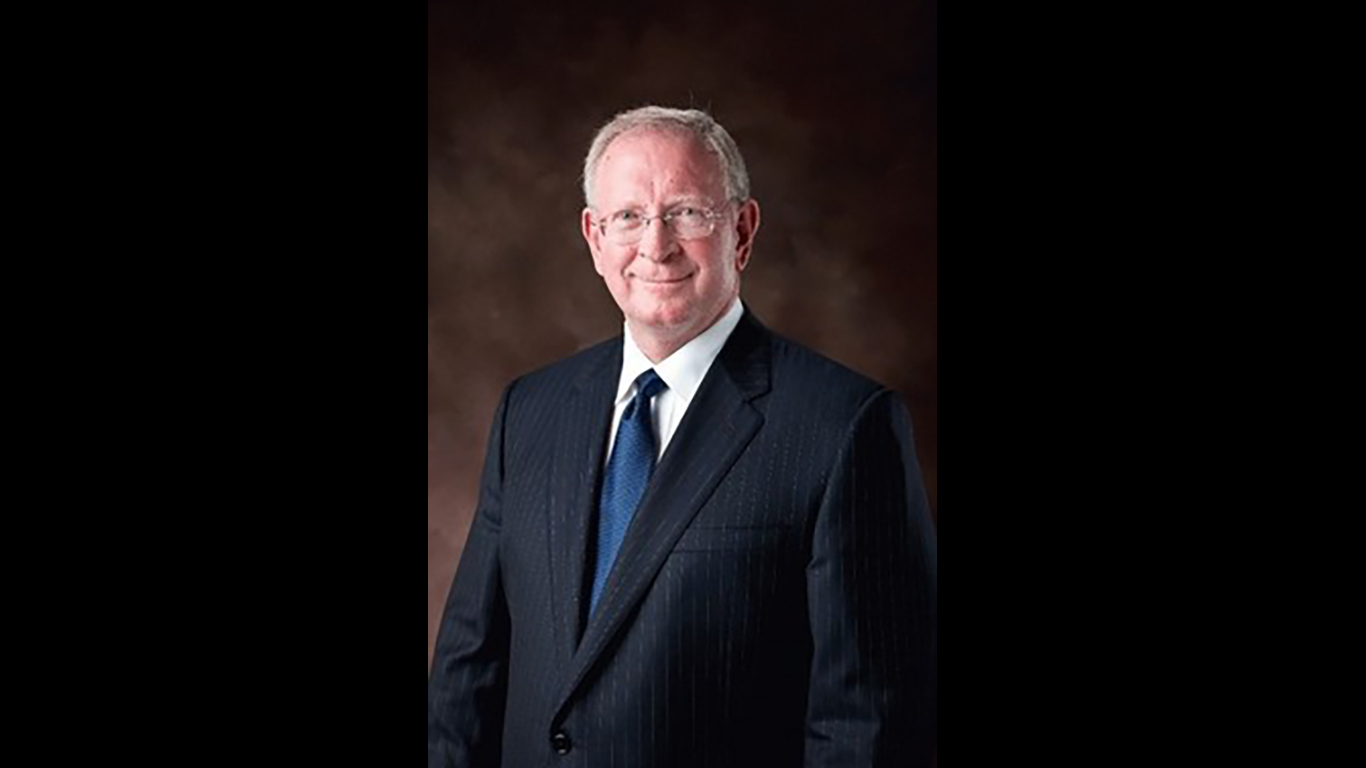

[in-text-ad]

7. American Delta Party
> Founding date: 2016
> Ideology: Social progressivism
> Presidential candidate: Rocky De La Fuente
> Votes cast: 33,136

8. Legal Marijuana Now Party
> Founding date: 1998
> Ideology: Social progressivism/pro-cannabis
> Presidential candidate: Dan R. Vacek
> Votes cast: 13,537

9. Socialist Workers Party
> Founding date: 1938
> Ideology: Socialism
> Presidential candidate: Alyson Kennedy
> Votes cast: 12,467
[in-text-ad-2]

10. Veterans Party of America
> Founding date: 2013
> Ideology: Centrism
> Presidential candidate: Chris Keniston
> Votes cast: 7,205

11. American Solidarity Party
> Founding date: 2011
> Ideology: Christian democratism
> Presidential candidate: Michael A. Maturen
> Votes cast: 6,474
[in-text-ad]
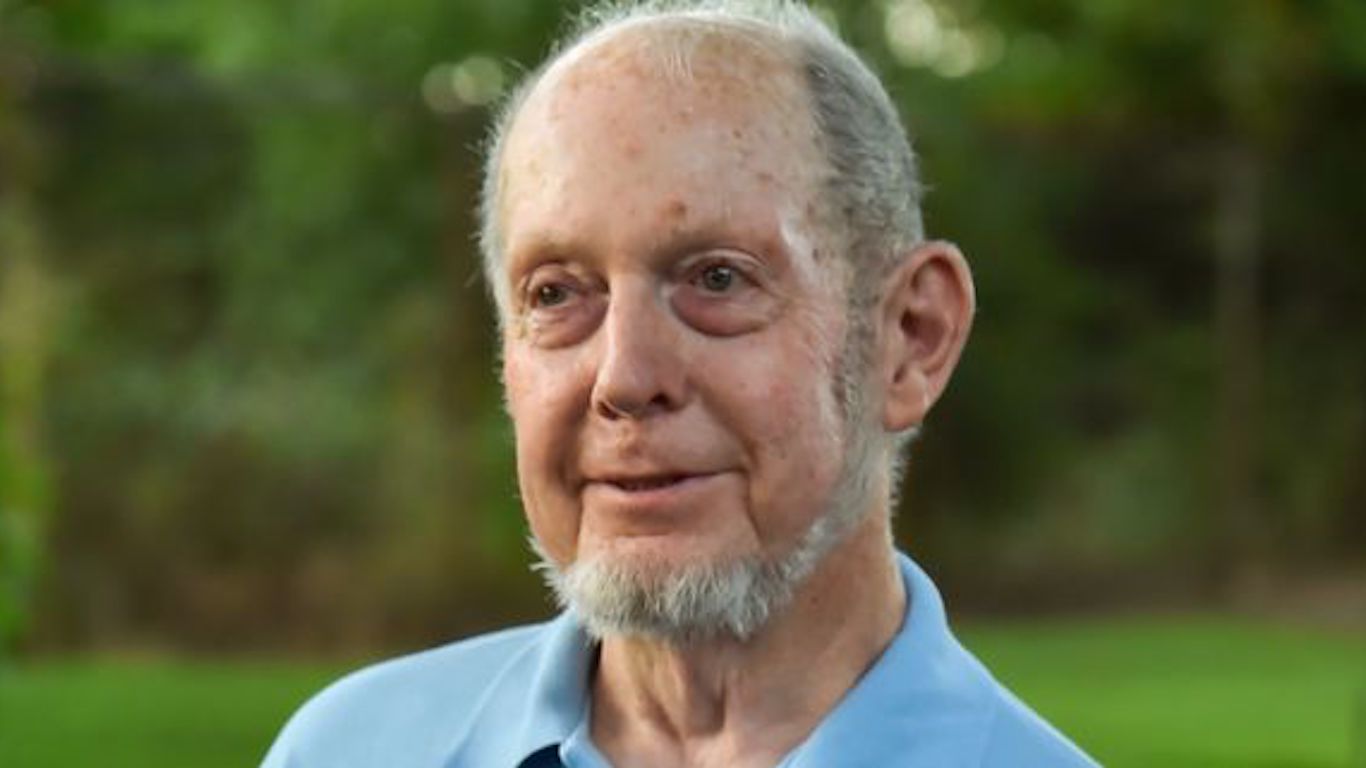
12. Prohibition Party
> Founding date: 1869
> Ideology: Christianity/prohibitionism
> Presidential candidate: Jim Hedges
> Votes cast: 5,617
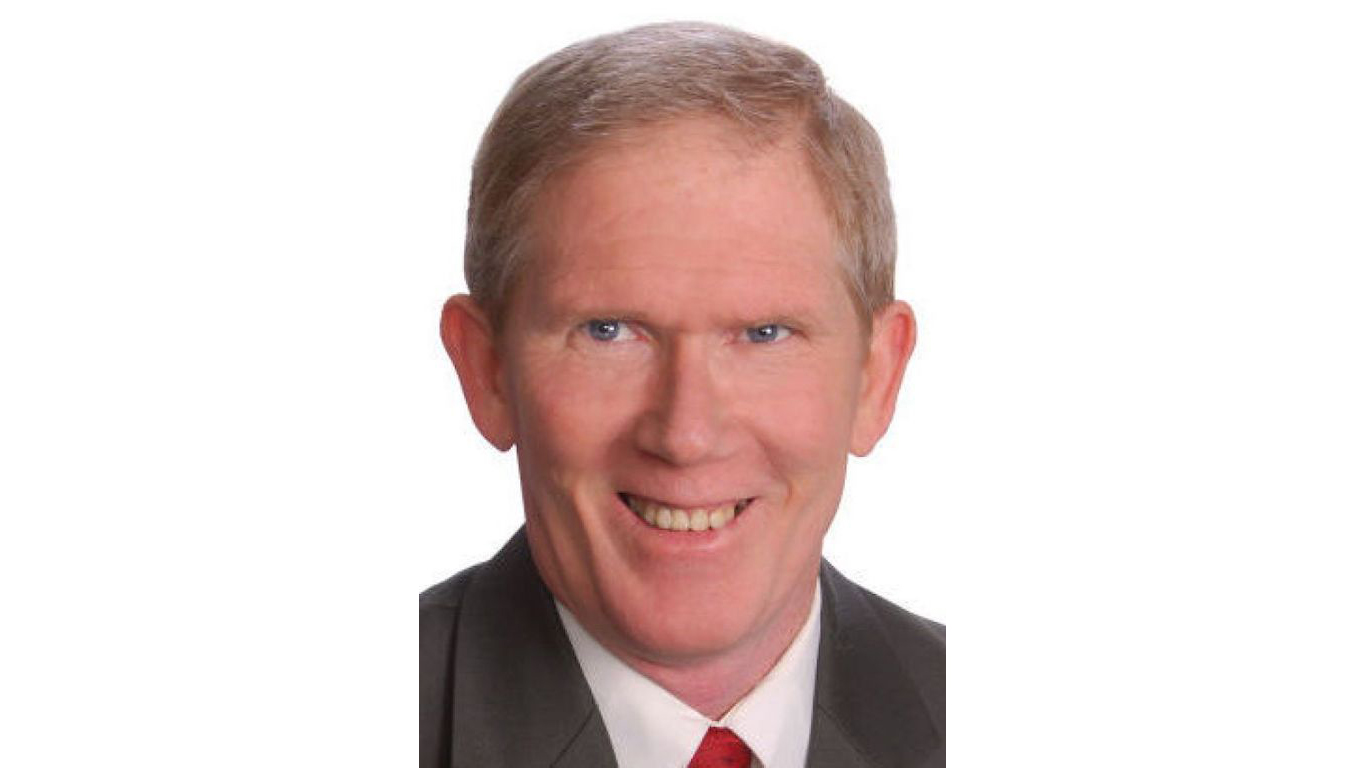
13. America’s Party
> Founding date: 2008
> Ideology: Christianity/anti-abortionism
> Presidential candidate: Thomas Hoefling
> Votes cast: 4,772

14. Workers World Party
> Founding date: 1959
> Ideology: Marxist-Leninist
> Presidential candidate: Monica Moorehead
> Votes cast: 4,317
[in-text-ad-2]

15. American Party of South Carolina
> Founding date: 2014
> Ideology: Centrism
> Presidential candidate: Peter Alan Skewes
> Votes cast: 3,250
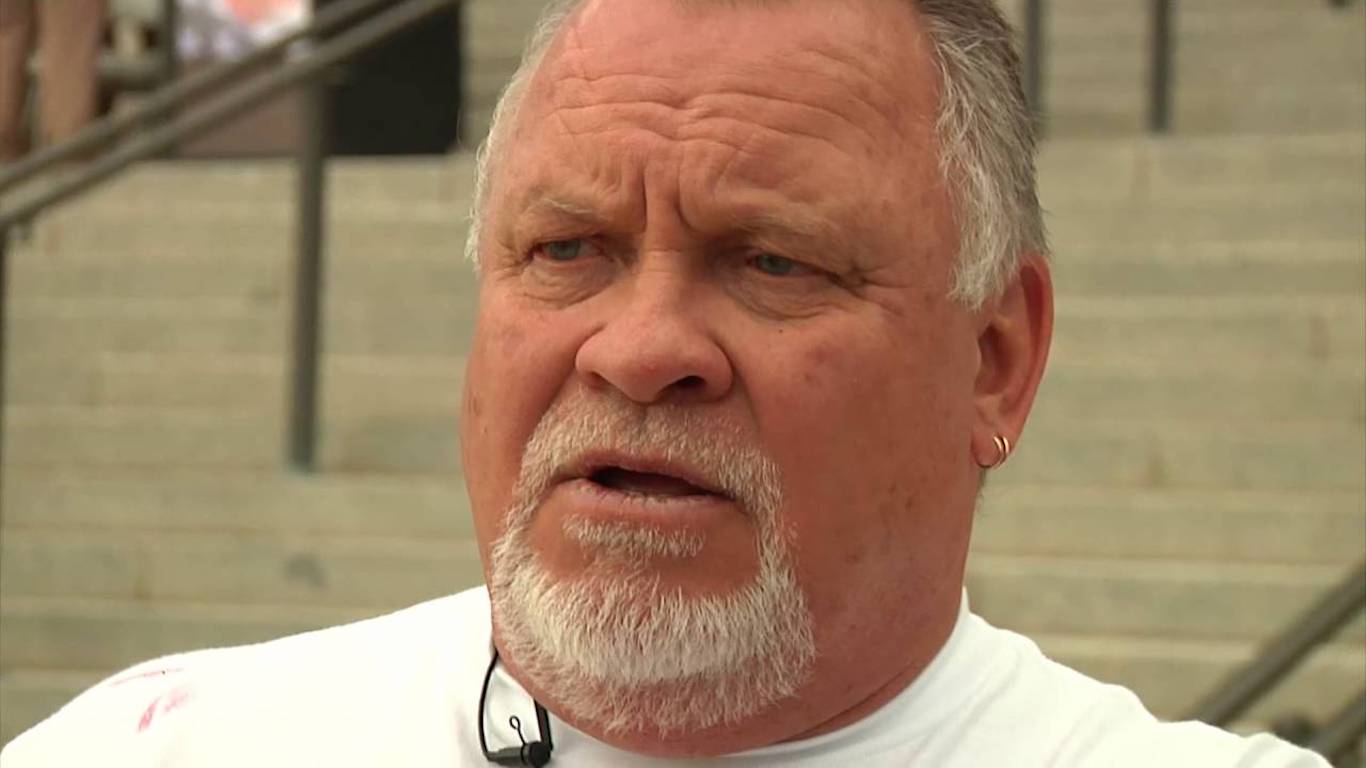
16. Independent American Party
> Founding date: 1993 (as the Utah Independent American Party)
> Ideology: Conservatism
> Presidential candidate: Rocky Giordani
> Votes cast: 2,752
[in-text-ad]

17. Socialist Party USA
> Founding date: 1973
> Ideology: Socialism
> Presidential candidate: Emidio Soltysik
> Votes cast: 2,693
Thank you for reading! Have some feedback for us?
Contact the 24/7 Wall St. editorial team.